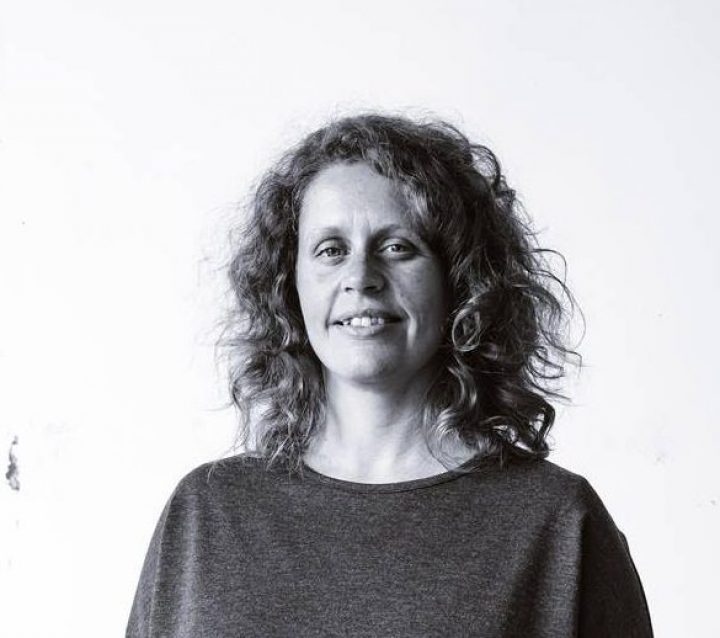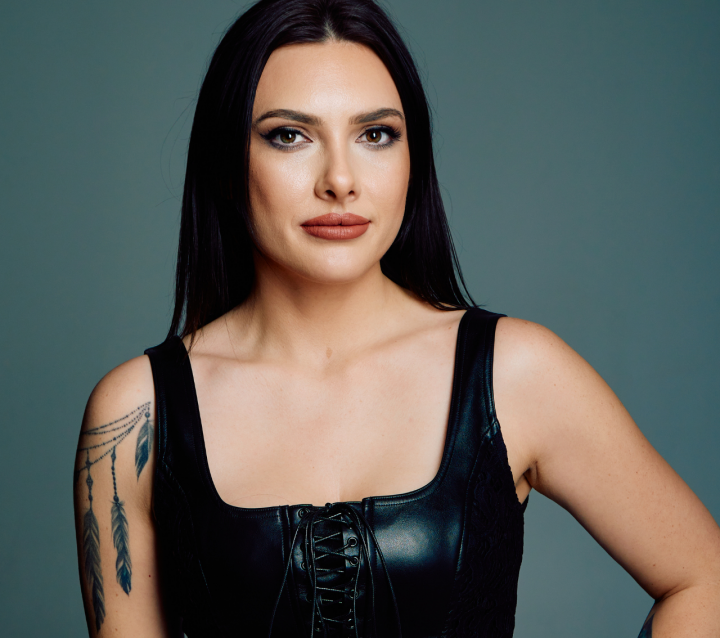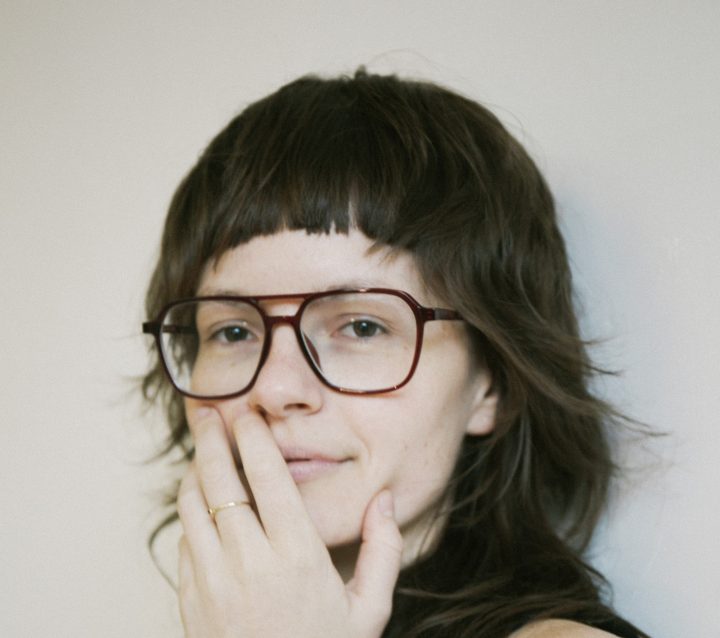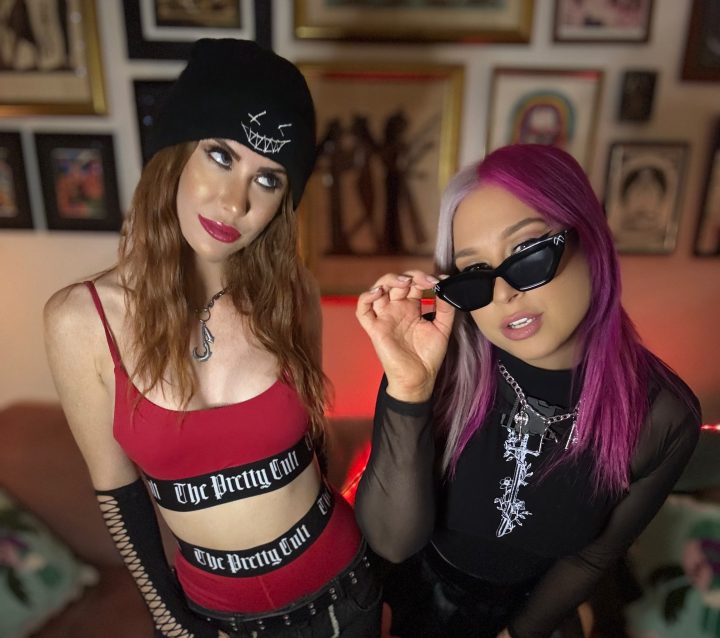
How did you get your start in the industry? Any advice for people wanting to work in your field?
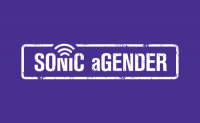
I started as a musician when I was 14, playing in punk rock bands in the 90s. From there I booked venues and did a bunch of other stuff. My advice is to be agile, and think about music as a creative process, not a commodity.
Like many people, did you always take the gender discrepancy in music as ‘just the way it is’?
No!
I’ve always been really clear that there are deep structural issues supported by patriarchy that affect all parts of society that mean that not everyone gets to participate fully. Contemporary music is one of those super important cultural sites.
When did you first start to try and enact change?
I recently listened to a bunch of old recordings from some of my first punk rock bands when I was 16 in the early 90s, and I was screaming about oppression, being on the outside, detuning my guitar and attacking it with all sorts of things. Maybe I was trying to “say” something back then. But in the last few years since I’ve stepped away from working in the music industry proper after booking venues and festivals for a while, I’ve been reflecting on my experience, and lot’s of people around me, and it occurred to me that I’ve always had these really great convos with people… on bar stools, in hallways, at the shops, wherever, about DIY culture, gender, and the music industry.
I thought it would be cool to syphon off some space to formalise those chats and capture the legacy of women, femme and non binary artists and producers. I really wanted to dig around for people’s stories about their creative process, and how gender intersects with class, age, and ethnicity to inform that. There is some amazing stuff happening at the moment, which is part of a long, sustained effort by a lot of crew, community, industry organs, fans and institutions for well over 3 decades. Putting a gendered lens on that activity is about telling the full historical story of Melbourne’s music scenes as a trajectory, to make the scene stronger and healthier, and somewhat ironically, more creative.
What made you try and change the standard industry talk format from panel to round table?
Well I’m pretty bored shitless of going to panels and listening to people talk. I’m also really wary of anything that says “workshop”. So this is an attempt to come up with something in the middle! The panel idea is a one way flow of information – the “experts” “tell” “the people”. There’s an inherent imbalance within the power exchange. There’s a time and a place for that stuff, but there’s also loads of room to fuck with the format, so this is about having a play and seeing what works. We’re just tweaking with ways of exchanging information, listening to stories and engaging everyone in the room with the table as the analogy of discussion.
Shout out to three women on the Darebin Music Feast’s program that need some love and attention..
Jenny Mckekers, Alice Skye, Cerise Howard… just because.
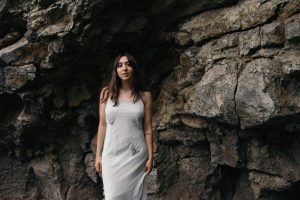 photo by Michelle Grace Hunder
photo by Michelle Grace Hunder
Have you had to overcome any challenges or adversity in your career, and if so, how did you approach them?
There are always loads of obstacles in any career. For me it always felt like my gender put me on the back foot, like I had to understand a whole lot of social codes before I could even get to the point of doing my job. But that changed over time as I became more confident and aware and talked more and got a sense of not being along. I think class is actually the one thing that I increasingly struggle with, because the more articulate I get, the more that I see how class is so embedded in the hierarchy of the so called “industry”.
What issues do you think your sector of the music industry faces? (And do you think there are possible solutions? )
There are so many challenges… more equitable distribution of profit is a huge one, mental health support, increasing representation as a means of sustaining a more innovative scene, regulating commercial practice etc… There’s always solutions, but it should be holistic and collaborative, and informed by practitioners.
Who are your top 3 ‘artists to watch’?
I think it’s a good idea to watch careers and trajectories, just as much as new stuff. Erica Dunn is gonna keep delivering great stuff. So is Mara Williams. And band wise Moody Beaches are where it’s at.
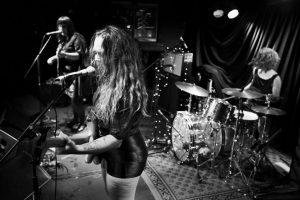 Moody Beaches
Moody Beaches
Favourite music video of all time?
Fuck, I gotta say Laura Jean’s Girls on the TV just does it all for me at the mo. I watch it with my daughter and it makes me cry and dance.
